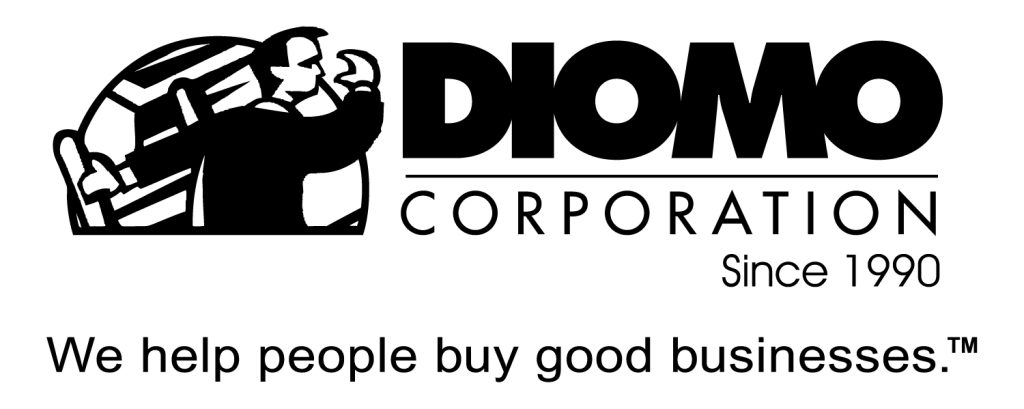Question:
I need some advice on a business I am evaluating and would like to move forward with an offer shortly. The company has good books and records, profitable on the tax returns, and I believe will be approved for bank financing. The business is priced including real estate that is owned personally by the seller and the company pays rent to him. My questions are: how do I do value the business considering the real estate, should I buy the property as well -what other options if any, do I have, and are there any issues to look for with this type of transaction? Thank you.
Answer:
These are great questions and I want to address of them individually. Let?s take one at a time:
Valuing a Business that Includes Real Estate
This is actually far simpler than you think. First, you need to separate the business and property and value them independently. The good news is there are established market values for real estate even though we may be in a bit of an inflated period right now. You can inquire with the business broker (if one is involved) whether they have experience and can assist you with the property valuation. They may simply recommend a good commercial realtor if necessary to get industry comparables on ?like? property. Although real estate valuations can vary, they are far less subjective than valuing a business. As such, keep the property valuation completely separate from the business valuation.
Ask the seller if they have a recent appraisal on the property which can assist you. If not, it may be something you want to consider. In any event, if you obtain a mortgage, it will be required by the lender.
Conduct the valuation on the business using a variety of methods. There are some excellent past articles on this subject in the ?Ask the Expert? section on the BizQuest website. You will learn that business valuation is an art, not a science; however, an accurate valuation can be obtained using these methods in large part because the company has good books and records.
Financing the Purchase
With real estate being involved, coupled with good books and records and a historically profitable business, you will greatly increase your options to leverage third party financing. Banks, and any other lenders, will almost always prefer to have bricks as an asset over any other business asset that may be required as security above your personal security. Plus, some lenders may in fact be willing to blend the real estate and business loans which can result in a longer term to repay it. Here again, this plays heavily in your favor.
Should You Buy the Property?
I have very mixed feelings about doing so. I know that there are plenty of reasons why someone would want to acquire the real estate, and they’?re all valid. My concern stems mainly from a cash flow perspective. One of the main objectives when buying a business is to be able to grow it beyond what the current owner has done. You will need capital to do so. Further, it is not uncommon for a business to decline slightly and temporarily after a new owner takes over and the last thing you want is a cash crunch.
That being said, I always prefer to negotiate a 12-24 month option to acquire the property at a pre-determined price or formula. This way, you can retain your capital, and be certain that the property itself makes sense for the business operations. Then, you can always choose to exercise your option. At the very least, if you do not buy the real estate, include a ?Right of First Refusal? clause in the business purchase contract to buy the real estate.
What to Look Out For
One of the biggest issues that arises when a seller personally owns the property and collects rent from the business is the actual rent rate, and what is and isn’?t included. This may necessitate an adjustment of the Owner?s Benefit. If, for example, the rent the seller has charged the business is less than what you will have to pay for a mortgage, taxes, insurance, maintenance, etc., you will have to adjust the Owner?s Benefit downwards to reflect these added costs.
Similarly, if you decide not to buy the property and lease it from the seller, these same costs that the seller paid himself need to be reconciled against what your rent will be after you take over. It may require an adjustment either way.
In Summary
Buying a business that includes real estate will generally provide the buyer with a number of viable options. You should be open-minded to any of the scenarios, and sometimes the direction may not be entirely up to you. As an example, a lender may insist that you acquire the property along with the business.
The key now is to speak with the seller/broker and see if they are open to the opportunities outlined herein. If so, you can table all of the possibilities and move the deal forward with the goal of successfully completing a transaction that is favorable to all of the parties.

